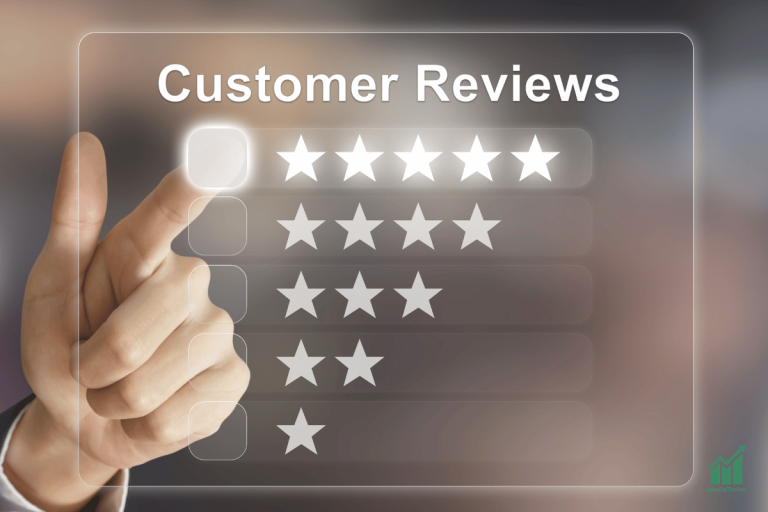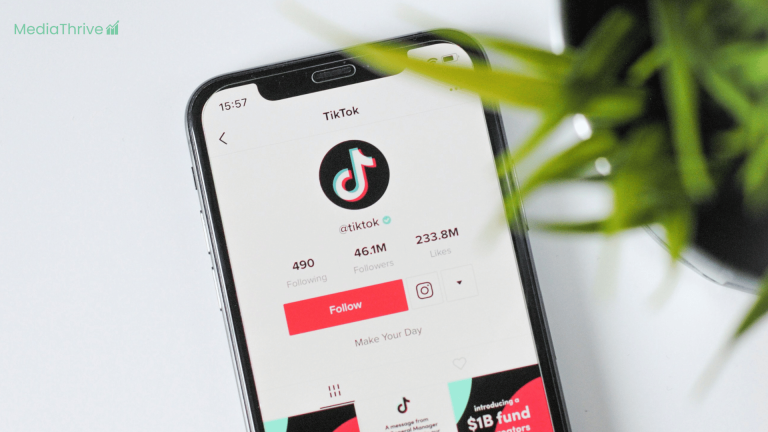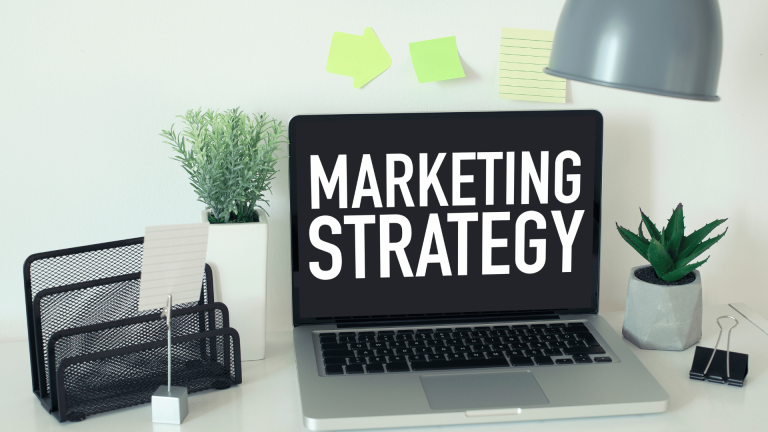Why Using Facebook Groups for Business Makes Sense
Having an online presence is important if you’re a small business or just starting out. One powerful but often overlooked tool for local promotion is Facebook groups. Unlike Facebook pages, where businesses send their messages to followers, Facebook groups offer a more personal and community-driven way to connect with potential customers. If you’re wondering how to make the most of this platform, this guide will help you understand the power of local Facebook groups and how to use them to promote your business effectively.
What Are Local Facebook Groups?
Local Facebook groups are communities of people who share common interests and hobbies or are connected by their location. These groups range from neighbourhood forums, where residents discuss local events, to business-specific groups, where professionals exchange advice or recommend services. These groups represent a valuable opportunity for small businesses to engage directly with people likely to become customers.

Why Use Local Facebook Groups for Your Business?
Local Facebook groups allow you to tap into an audience already interested in your local area or the services you provide. Unlike traditional advertising, where you’re reaching out to a broad audience, local Facebook groups bring your business in front of people who are more likely to need your products or services. This targeted approach increases your chances of gaining customers and helps build trust and credibility within your community.
How to Find the Right Groups
Finding the right Facebook groups to join is the first step in promoting your business. Start by searching for groups related to your local area, such as city or town-specific groups. You can also look for groups that align with your business niche. For example, if you run a café, you might join groups where people discuss food, local events, or small businesses in your area.
Once you’ve identified potential groups, take some time to observe the group’s activity. Make sure the group is active, with regular posts and engaged members. Also, check the group’s rules, as some may have restrictions on promotional content.

How to Engage with Local Facebook Groups
Engagement is key to successfully promoting your business in local Facebook groups. It’s not enough to join a group and post about your products or services. Instead, focus on becoming an active and helpful member of the community.
Here are some tips for engaging with local Facebook groups:
- Introduce Yourself: Start by introducing yourself and your business in a friendly, non-promotional way. Let people know you’re a local business owner and express your interest in being part of the community.
- Provide Value: Offer helpful advice or answer questions related to your business. For example, if someone in the group asks for a recommendation for a good local café and you run one, you can politely suggest your café and share what makes it special.
- Share Relevant Content: Post content that adds value to the group. This could be tips, news related to your industry, or local events involving your business. Avoid hard selling and focus on building relationships.
- Engage with Others: Comment on other members’ posts, like their content, and participate in group discussions. This helps build your presence and shows you’re an engaged and supportive community member.
- Promote Your Business Thoughtfully: If the group allows promotions, share special offers or events that might interest the members. Make sure your promotional posts are relevant to the group’s interests and don’t overdo it. Spamming groups with constant ads can lead to negative feedback or removal from the group.

Success Stories and Examples
Many small businesses have successfully used local Facebook groups to grow their customer base. For instance, a local bakery in a small town might join a community group where residents discuss local businesses. By sharing photos of their freshly baked goods and participating in discussions about local events, the bakery could attract new customers who are members of that group.
Another example could be a handyman service that joins a neighbourhood group. By offering advice on common household repairs and responding to requests for service, the handyman could build a reputation within the group, leading to more job inquiries.
Final Thoughts
Local Facebook groups are a powerful tool for promoting your business within your community. By engaging with these groups thoughtfully and consistently, you can build strong relationships with potential customers and increase your business’s visibility. Remember, the key to success is to provide value, participate in discussions, and promote your business in a way that feels natural and helpful to the group. With patience and effort, local Facebook groups can become a vital part of your marketing strategy, helping your business thrive in its local area.







